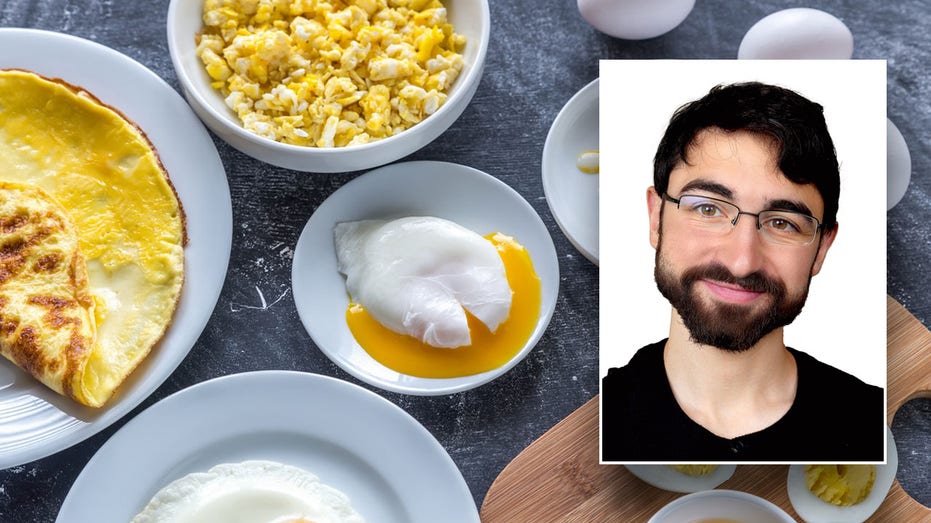Harvard medical student Nick Norwitz reveals the science behind his food experiment, in which he consumed 133,000 mg of dietary cholesterol A Harvard medical student recently completed an "egg-citing" experiment. Nick Norwitz, 25, decided to eat 720 eggs in one month to see what the effect would be on his cholesterol. At the end of the month, the Boston man found that his cholesterol levels had dipped by 20%.
ASK A DOCTOR: 'HOW CAN I PREVENT HIGH CHOLESTEROL?' Norwitz — a self-described "academician" with a PhD in metabolic health, who is currently finishing his medical degree at Harvard — said he has always had a passion for sharing his "joy and interest" in science . Nick Norwitz, 25, decided to eat 720 eggs in one month to see what the effect would be on his cholesterol. (iStock; Nick Norwitz) "My colleagues and I come up with creative ways to try to translate our awe and love for physiology and biology into something that is interesting and accessible to the public," he told Fox News Digital.
"The goal is to provoke conversation and bring people to the table so we can talk about human metabolism, which I find utterly fascinating." VEGAN DIET VERSUS MEAT-BASED DIET: IDENTICAL TWINS FOLLOWED DIFFERENT MEAL PLANS, HERE'S WHAT HAPPENED During his egg-eating month, Norwitz consumed 24 eggs per day. He ate them in "all the ways," he said — scrambled, fried, omelets, deviled.
"Eggs are a pretty versatile food, so making them in different ways made for a pretty pleasant exp.


















